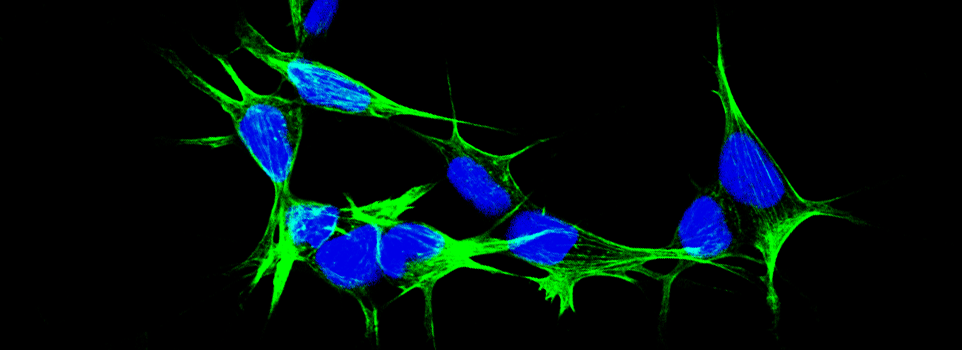Research
Understanding host-viral interactions through functional genomics
Viruses exploit host factors to replicate. However, each of these interactions also represents a viral weakness that may be targeted to combat infection. Functional genomics represents a powerful methodology for uncovering such viral dependency factors. By combining the human genome sequencing project and the technology of RNAi, we can specifically deplete each human gene product, and subsequently test if loss of that factor impacts viral replication. Combined with proteomics, as well as conventional molecular genetic and biochemical approaches, functional genomics promises to greatly increase our knowledge of host-viral interactions, and further our goal of alleviating human suffering by defeating these pathogens.
We are currently applying these strategies to studying the pathogenesis of human immunodeficiency virus (HIV-1), flaviviruses, hepatitis B virus (HBV), and most recently influenza A virus, revealing not only key host components which are co-opted by invading viruses, but also native host genes (e.g., the IFITM family) which confer a baseline level of resistance to influenza, as well as other devastating viruses.
Explore our research work from the left-hand side navigation menu.
Let's have the next big breakthrough together!

